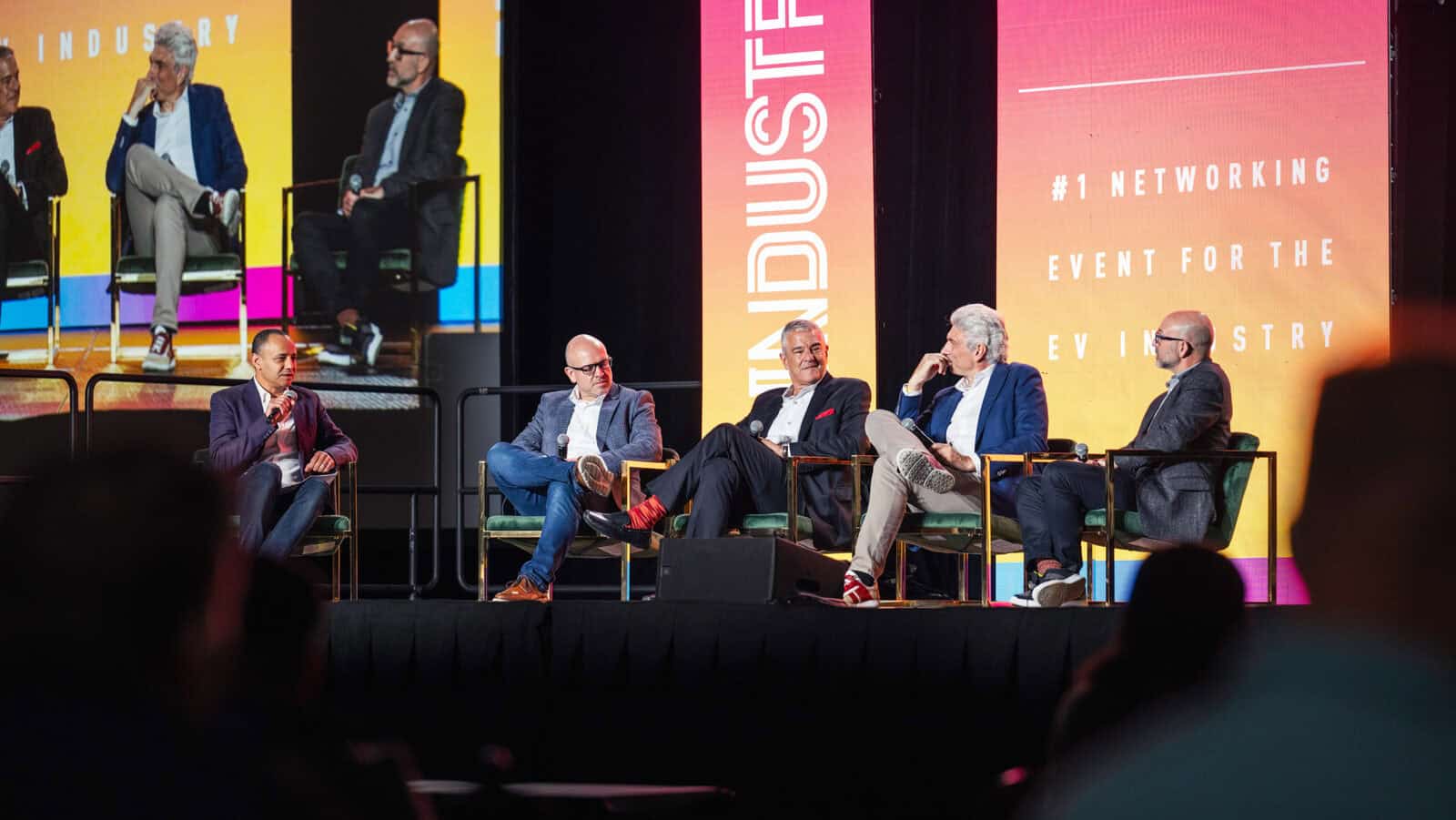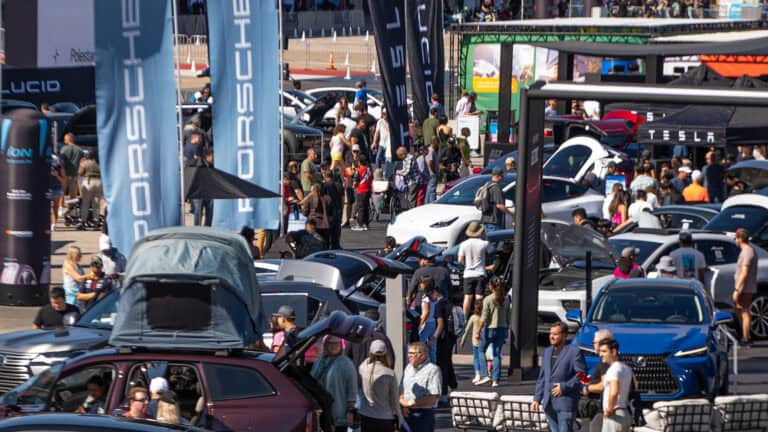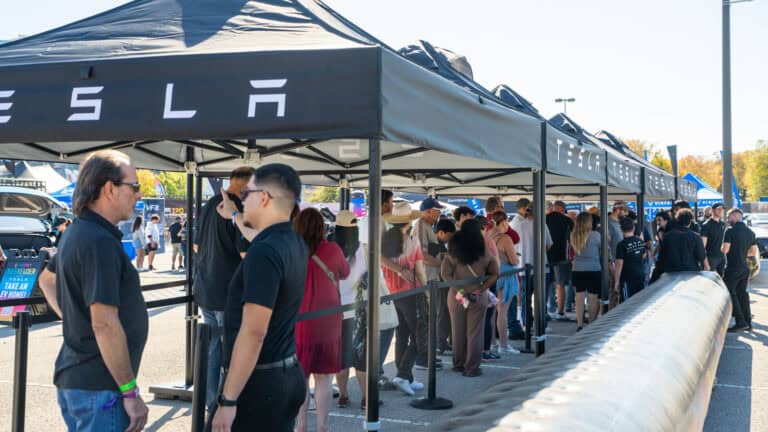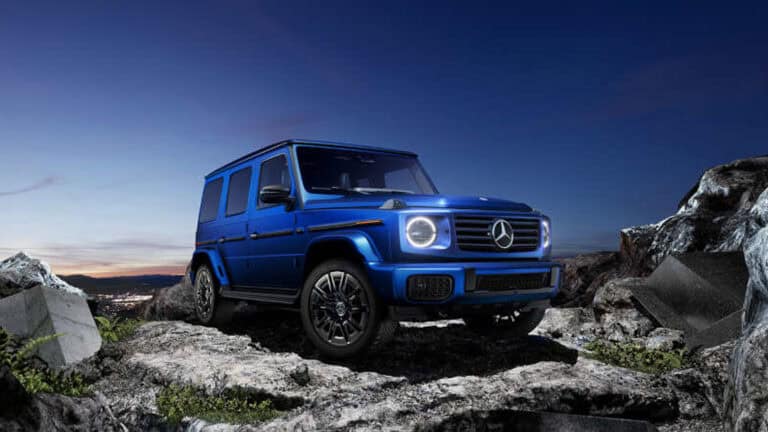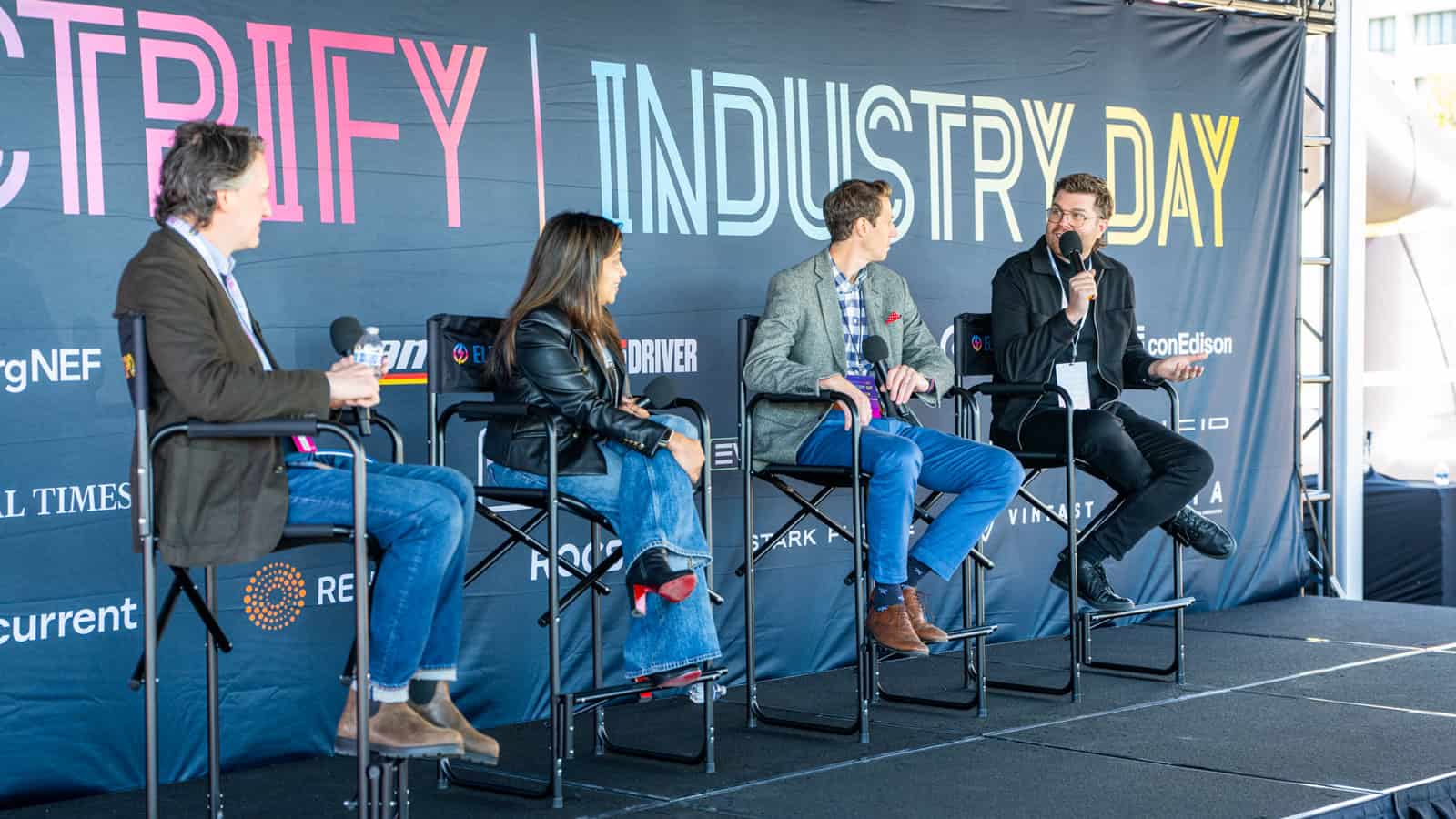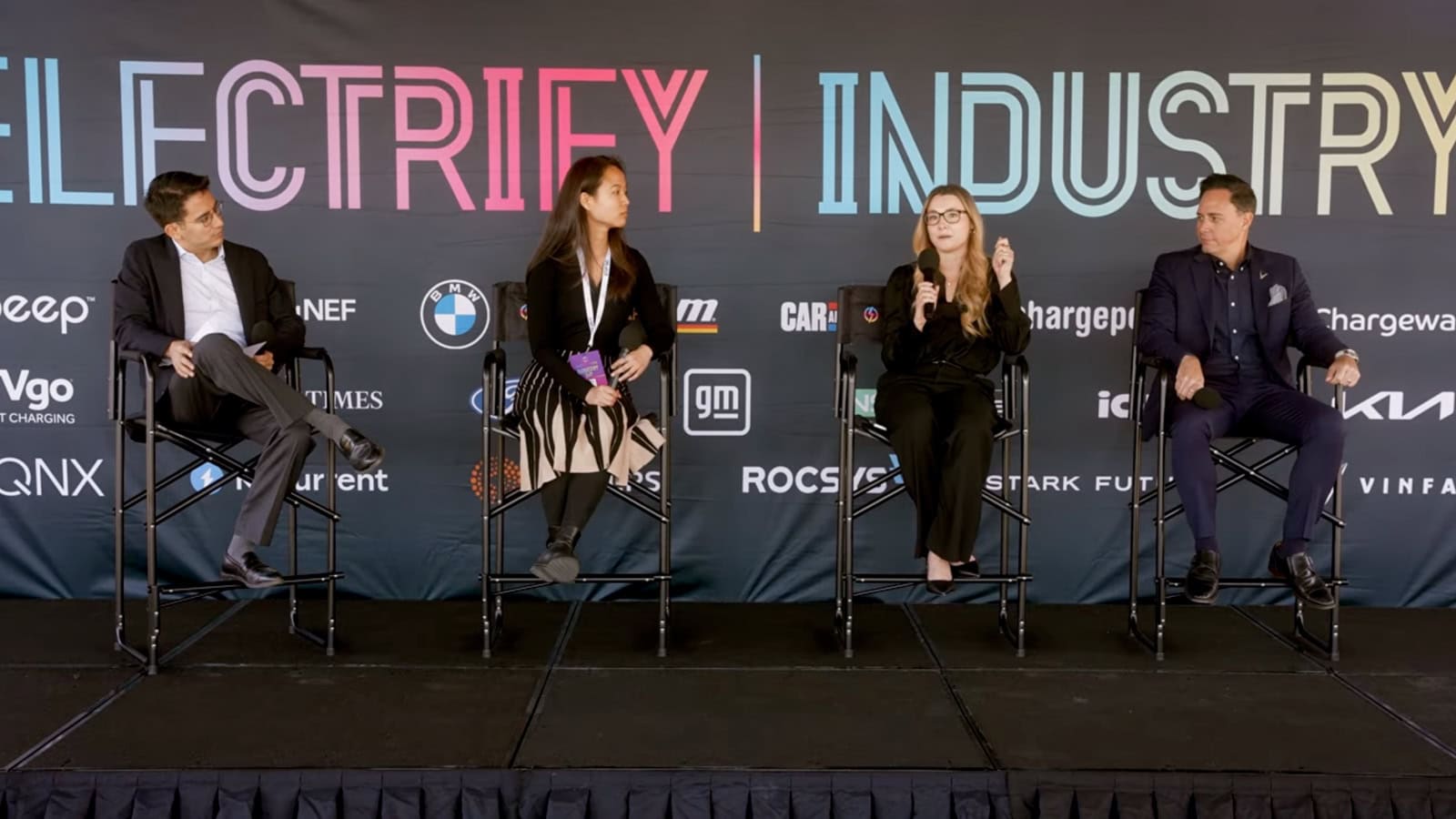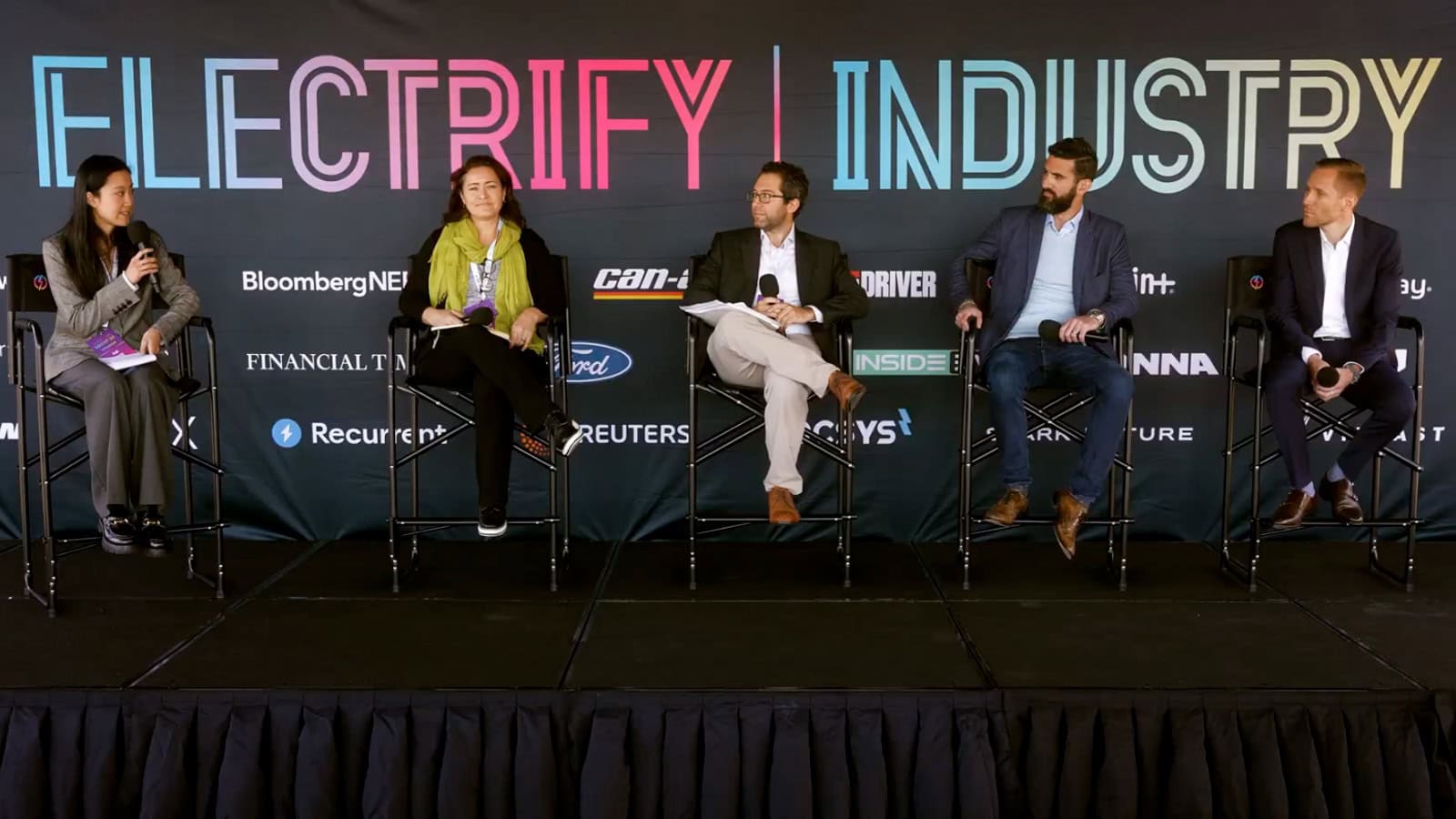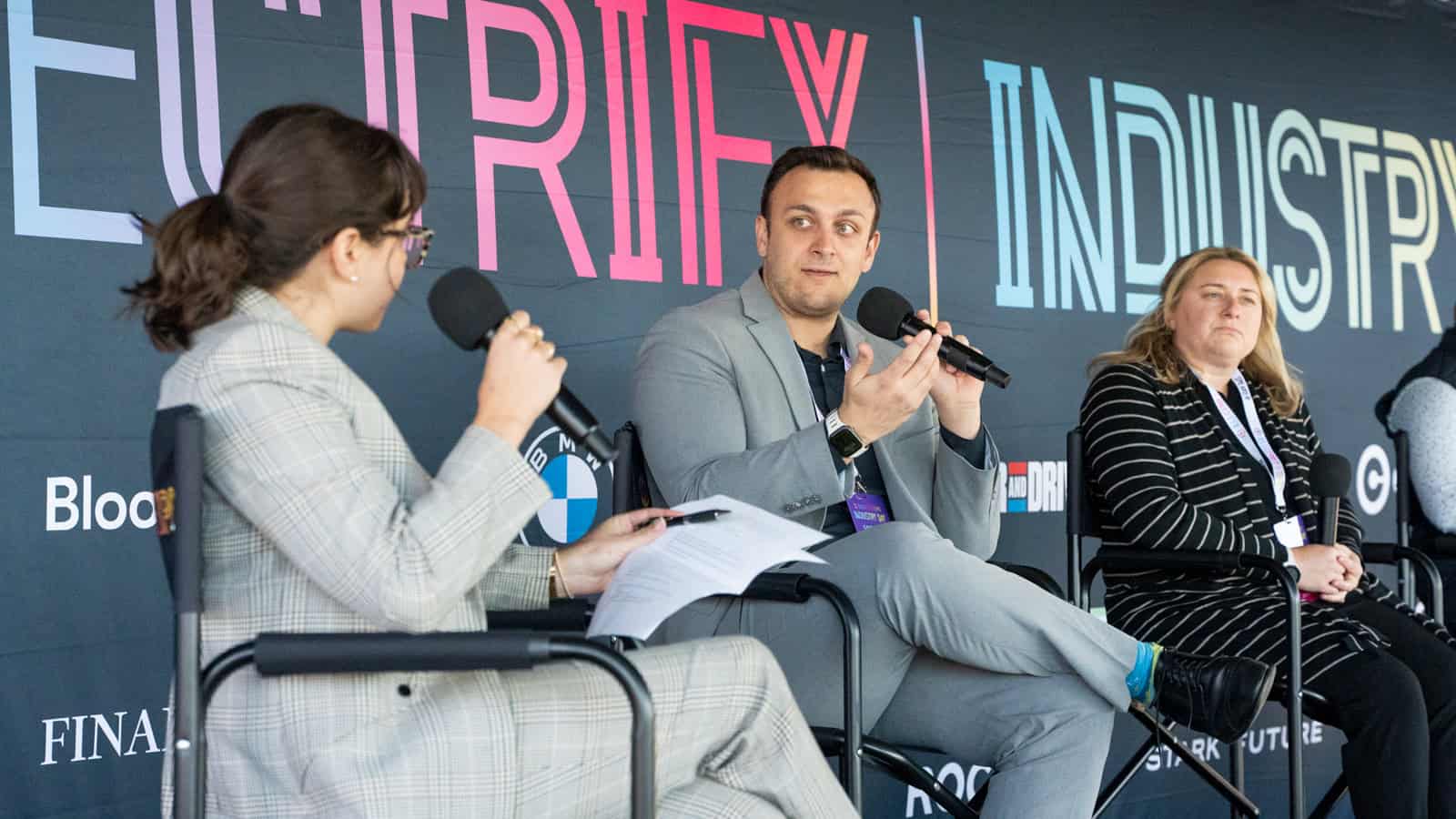In a discussion at Electrify Expo Industry Day 2024, the spotlight was on the high-end luxury market’s pivotal role in making electric vehicles (EVs) synonymous with glamor and aspiration. Moderated by Basem Wasef, a renowned writer and director with deep roots in luxury consulting, the panel featured heavyweights from the luxury car industry: Aleck Brownstein (Volvo Car USA), Gerry Spahn (Rolls-Royce), David Steinert (AlixPartners), and Massimiliano Trantini (Lotus).

- Rolls-Royce’s electric vehicles, like the Spectre, prioritize the brand’s luxury DNA, integrating electrification seamlessly into the luxury market without compromising traditional qualities.
- Lotus’s electric SUV, the Eletre, maintains the brand’s high-performance reputation, accelerating from 0 to 100 km/h in 2.9 seconds, true to its racing heritage.
- Volvo’s electric models, such as the EX90, highlight sustainability with recycled materials and advanced time-saving technologies.
ADVERTISEMENT
The Intersection of Luxury and Electrification
Basem kicked off the discussion by highlighting the historical ebb and flow of electric cars in the luxury segment. From the dominance of electric cars in the early 1900s to the recent resurgence sparked by the “Holy Trinity” of hypercars in 2013 (Porsche 918 Spyder, Ferrari LaFerrari, and McLaren P1), the narrative has been evolving. As Basem pointed out, “some EVs may be synonymous with status, but the relationship between luxury and electrification may not always be so simple.”

Rolls-Royce: Marrying Tradition with Innovation
Gerry Spahn from Rolls-Royce stressed that their approach to electrification is deeply rooted in the brand’s DNA. “Spectre is first a Rolls-Royce; second, a Rolls-Royce that just happens to be powered by electrification,” Gerry mentioned. This alignment with the brand’s core values ensures that Rolls-Royce’s transition to electric power doesn’t compromise its legendary status.
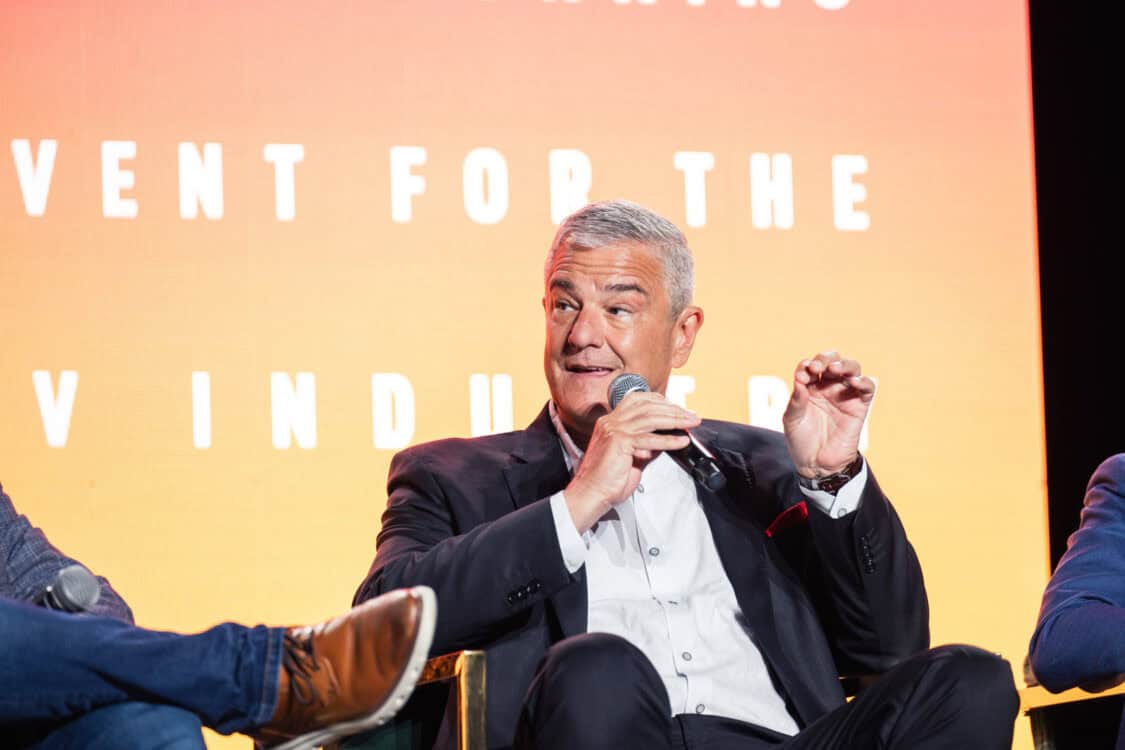
The quietness, torque, and power of electric motors naturally complement the luxurious experience that Rolls-Royce customers expect. Despite some slowdown in demand, Gerry noted, “we’ve been ordered out through the end of this year,” showcasing the strong interest in their electric models.
Lotus: The Evolution of Performance
For Lotus, the transition to electric is about maintaining their hallmark of driver-centric performance. Massimiliano Trantini shared his insights on the paradigm shift for the brand, traditionally known for its lightweight, gas-powered sports cars. “Lotus is always associated to emotion… always at the service of the emotion of the driver,” he explained.
ADVERTISEMENT
The new Lotus Eletre, an electric SUV, combines this philosophy, offering intoxicating performance and advanced technology without sacrificing the brand’s racing heritage. “When you drive from 0 to 100 in 2.9 seconds, you are in a very performing sports car,” Massimiliano added, highlighting that the shift to electric hasn’t diminished the Lotus driving experience.
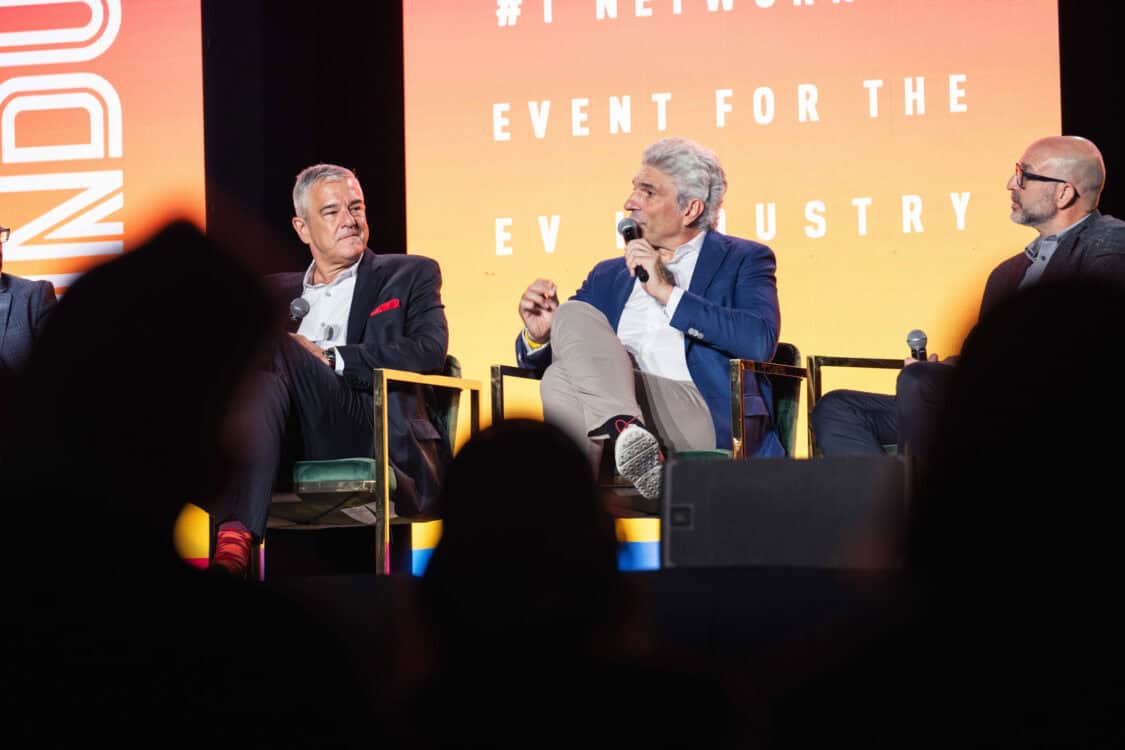
Volvo: Redefining Luxury with Sustainability
Aleck Brownstein discussed Volvo’s journey from a brand known for practicality to one that now competes in the luxury market with its new electric models. The EX90, Volvo’s full EV made in South Carolina, is a testament to this evolution. Aleck highlighted that Volvo’s focus on sustainability and time-saving technology is resonating with luxury consumers.

“None of us have enough time, and if we can provide our customers more time… that’s really moving us more into this luxury space,” he stated. The use of sustainable materials, like the 25% recycled materials in their seats, is also a key selling point for Volvo’s eco-conscious customers.
Luxury Market Insights and Consumer Trends
David Steinert from AlixPartners provided a broader perspective on the high-end luxury EV market. He noted a bifurcation between luxury and sport within the segment, with luxury consumers prioritizing convenience, range, and environmental impact, while sports enthusiasts remain drawn to performance.

“Luxury is a little bit more powertrain agnostic,” David observed, indicating that the brand and experience often matter more than the specific technology under the hood. Advanced driver-assistance systems (ADAS) and the promise of increased convenience and productivity are also significant factors driving interest in high-end EVs.
The Future of Electrification
As the discussion wrapped up, Basem and the panelists touched on the broader implications of these trends. Despite the current moment for hybrids, the consensus was that the industry is steadily moving towards full electrification. “Ultimately longer term, we still press on toward EV,” David concluded, reflecting the industry’s commitment to a sustainable future.



ADVERTISEMENT

ORIGINAL CONTENT FROM ELECTRIFY NEWS
FTC: We use income-earning auto affiliate links. Learn more.


